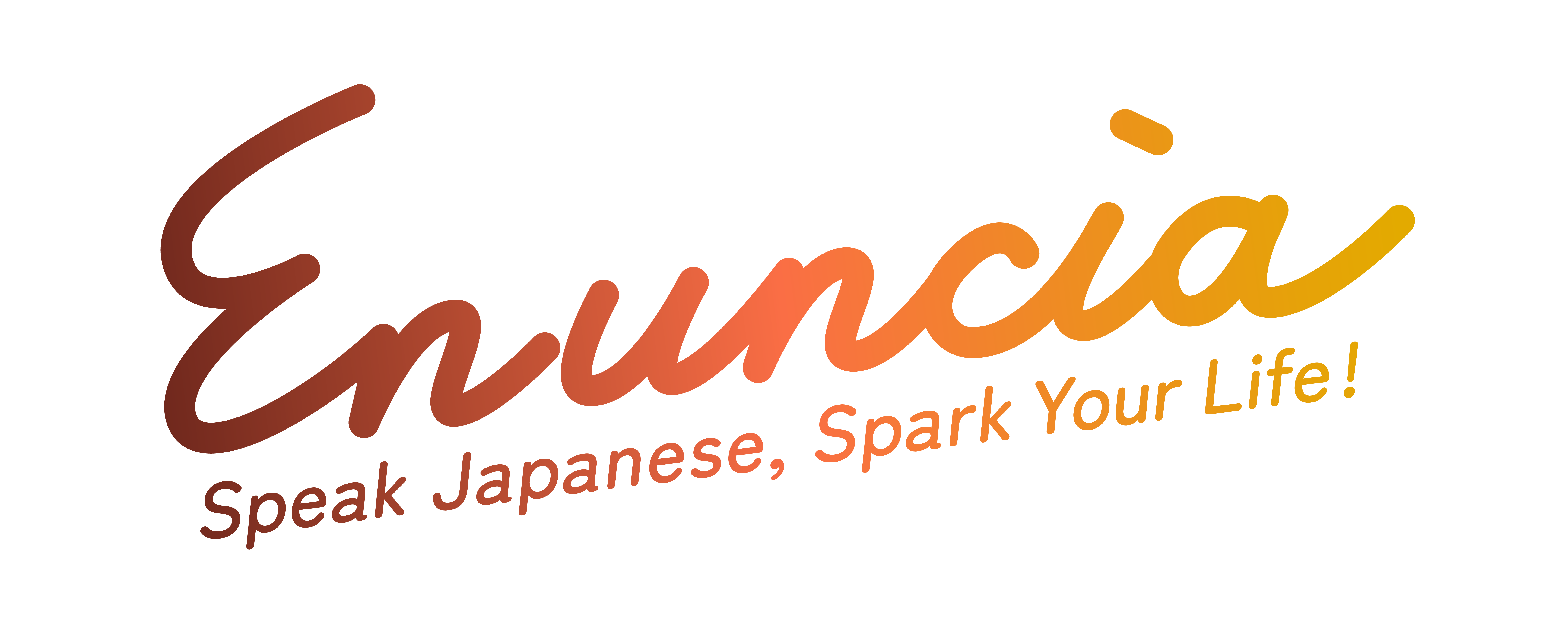JLPT N4 Grammar – 4 Types of “〜そう”

Table of Contents
1. Different types of “〜そう”
2. Hearsay
3. Appearance
4. Prediction & Judgment
5. Imminent
6. Summary
7. Quiz
8. Similar Articles
9. Comment
Q: I think there are several grammar forms of “〜そう” in Japanese. Could you explain the differences?
A: There are four types of “〜そう” grammar in Japanese.
Let’s look at the differences between them.
①Hearsay
This is used when someone conveys information obtained from someone or something to others.
The source of the information is indicated by phrases such as “~によると or “~によれば”, which translates to “according to ~” or “based on ~”.
[Rules]
[V] Verb plain form+そう
[A] い adjective plain form+そう
[Na] な adjective plain form +そう
[N] Noun plain form +そう
[Examples]
[V] 山田さんによると、木村さんは来月東京に引っ越すそうです。
According to Mr. Yamada, Mr. Kimura is going to move to Tokyo next month.
[A] 天気予報によると来週の天気はよくないそうです。
According to the weather forecast, the weather next week is not going to be good.
[Na] 母によると若いとき父は仕事が大変だったそうです。
According to my mother, my father had a hard time at work when he was young.
[N] 木村さんによると、つぎの休みは雨だそうです。
According to Mr. Kimura, it’s going to rain on the next day off.
②Appearance
This form is used when someone wants to convey thoughts based on observations of someone or something.
In the negative form, “ない” becomes “なさそう”.
The adjective “いい” uses “よい” and becomes “よさそう”.
“そう” can be used as a na-adjective, allowing a noun to follow. It cannot be used with nouns.
[Rules]
[A] い adjectiveーい+そう
[Na] なadjective +そう
[V] Verb stem form +そう
[Examples]
[A] 子供が楽しそうに遊んでいます。
The children seem to be playing happily.
赤ちゃんがとても気持ちよさそうに寝ています。
The baby seems to be sleeping very comfortably.
[Na]木村さんは毎朝ランニングをして元気そうです。
Mr. Kimura goes running every morning and seems healthy.
元気そうな顔が見られて安心しました。
Seeing his energetic face is reassuring.
[V]山田さんはいい時計とかばんを使っていて、お金を持っていそうですね。
Mr. Yamada uses a nice watch and bag, he seems to have money.
あの人はあまりお金がなさそうですね。
That person doesn’t seem to have much money.
③Prediction & Judgment
This is used when someone wants to convey judgments or predictions made based on situations or reasons.
When used in the negative form, “そうもない” is used.
“いい” becomes “よさそう” using “よい”.
It cannot be used with nouns.
[Rules]
[V] Verb stem form+そう
[A] い adjectiveーい +そう
[Na] な adjective+そう
[Examples]
[V]このパソコンは古いけど、ちゃんと動くしまだ使えそうです。
This computer is old, but it still works and seems usable.
今日はとても忙しくて18時までに帰れそうもないです。
Today is very busy, and it doesn’t look like I can get home by 6 PM.
[A] このスマホは画面も大きいし、見やすそうです。
This smartphone has a large screen and seems easy to see.
あのピンクの服、娘によさそうです。
That pink dress looks good on my daughter.
[Na]このアパートは駅から遠いし不便そうです。
This apartment is far from the station and seems inconvenient.
④Imminent
This is used when someone observes the condition of a person or an object and believes that something is about to happen immediately or in the near future.
“そう” can be used as a na-adjective, allowing a noun to follow.
However, it cannot be used with adjectives or nouns.
[Rule]
[V] Verb stem form+そう
[Examples]
空が暗くなってきたから、雨が降りそうですね。
It’s getting dark, so it looks like it’s going to rain.
もうすぐあの桜が咲きそうです。
Those cherry blossoms look like they will bloom soon.
女の子は泣きそうな顔でお母さんを待っています。
The girl is waiting for her mother with a face that looks like she’s about to cry.
Summary
“Hearsay” vs. “Appearance”
However, Appearance “〜そう” is used when talking about something observed or felt firsthand.
Hearsay “〜そう” is used when speaking based on information received.
“Prediction & Judgment” vs. “Imminent”
Prediction & Judgment “〜そう” involves the speaker discussing the possibility of something happening in the future based on the current situation or reasons.
However, Imminent “〜そう” refers to something that is believed to happen very soon or in the near future.
Quiz
Read the following sentence and choose the expression that fits the context from the options provided in the parentheses.
Click on the question to check the answer.
A. 多いそう
新聞によると、日本へ来る外国人は去年よりも多いそうです。
According to the newspaper, it seems that more foreigners are coming to Japan than last year.
*We use the hearsay “多いそうだ” (Dictionary form + そう) because the information is learned from the newspaper.
A. 終わりそう
そろそろ夏が終わりそうですね。
It seems like summer is coming to an end soon.
*The adverb ‘そろそろ – soon’ indicating the near future is used, so we use ”終わりそうだ” (verb stem form +そう) to express ‘seems like it’s ending’.
A. ほしそう
子どもがおもちゃをほしそうな顔をしています。
The child has a look on his face that suggests he wants a toy.
*As it describes the appearance of a child wanting a toy, we use the appearance”ほしそう” (い adjectiveい +そう).
A. 使えそう
新しいパソコンは丈夫で長く使えそうです。
The new computer seems durable and likely to last a long time.
*The judgment is made based on the reason “the computer is durable,” so we use the judgment”使えそう” (Verb stem + そう).
Similar Articles
- JLPT N3・N4 Vocabulary – Differences between “価格”, “値段” and “料金”

- JLPT N4 Vocabulary – Difference between “用意” and “準備”

- JLPT N4 Grammar – Difference between “〜あいだ” and “〜あいだに”

- JLPT N4 Vocabulary – Difference between “予定” and “用事”

- JLPT N4・N5 Vocabulary – Difference between “たぶん” and “きっと”

